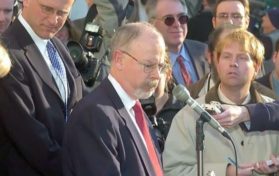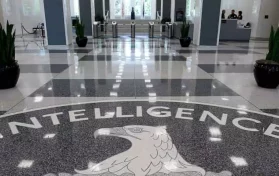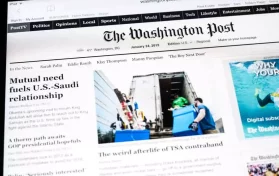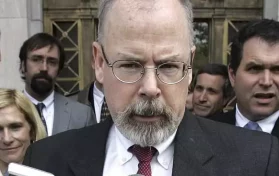
The Washington Post has corrected two previous articles on former President Donald Trump’s alleged collusion with Russia. The articles were corrected because they relied on the Steele dossier, a document that, at the time, became a key piece of evidence in a case accusing the former presidential candidate of colluding with Russia in a conspiracy intended to rig the results of the 2016 election campaign.
Former Presidential candidate, then later on President, Donald Trump repeatedly denied the allegations going as far as to call the claims “fictitious” and “fake news”.
In a written statement, Post reporter Paul Farhi wrote “The Washington Post, on Friday, took the unusual step of correcting and removing large portions of two articles, published in March 2017 and February 2019, that had identified a Belarusan American businessman as a key source of the ‘Steele dossier’, a collection of largely unverified reports that claimed the Russian government had compromising information about then-candidate Donald Trump”
The dossier was an unfinished 35-page report written by British MI6 counterintelligence expert Christopher Steele that contained unmitigated claims of misconduct and conspiracy prior to and during Trump’s presidential campaign. The credibility of the dossier later came into question in a two-year investigation by special counsel John Durham. As a result of that investigation, at least two people have been arrested.
Russian national Igor Danchenko, who was a source critical to the compilation of the Steele dossier, has been arrested for five counts of lying to the FBI regarding his sources. The indictment details several incidents in which he lied to FBI investigators, including a claim that he received an anonymous phone call in July from who he believed to be Sergei Millian, the head of the Russian-American Chamber of Commerce. It was later discovered that Danchenko never received such a call.
Michael Sussman, an attorney for the Clinton campaign, was also arrested for lying to the FBI during a September 2016 meeting in which he handed over data that allegedly linked the Trump campaign to Alfa Bank, a Russian financial institution headquartered in Moscow. That piece of evidence would lead to an investigation into Russian interference in the 2016 elections, although the FBI was unable to find any evidence. Both men have pleaded not guilty to their crimes.
“The grand jury’s detailed, 27-page speaking indictment more than adequately informs the defendant of the charges against him and provides him with sufficient information and facts to prepare his defense at trial”, prosecutors said in a written statement. The lawyers for both defendants did not immediately respond to requests for comment.





